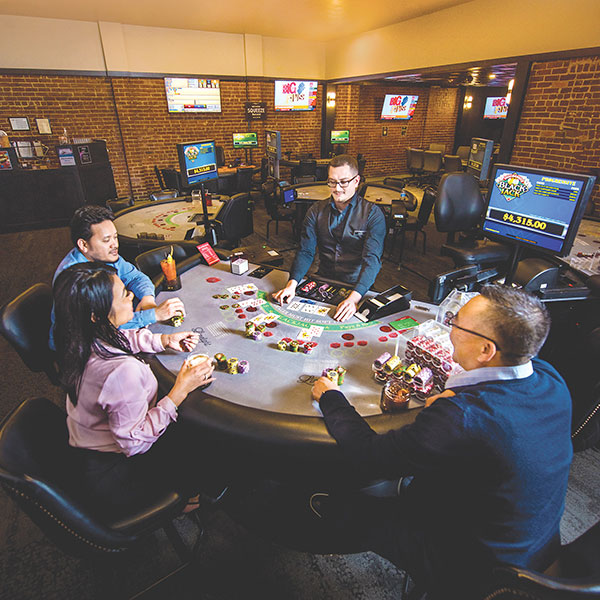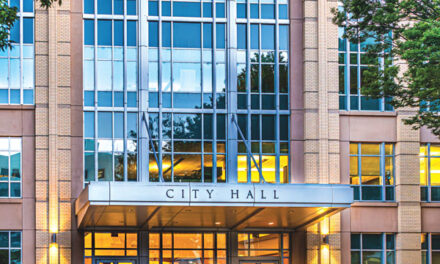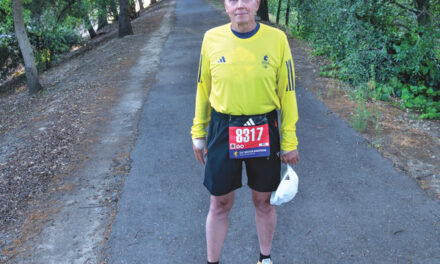Nothing bonds sports fans better than a friendly wager. Maybe $20. Or $100. No matter the dollar amount, betting on sports quickens the pulse, heightens the intensity and pulls the fan into the action. When you’ve got money riding on the game, the final score really matters.
Unfortunately, California sports fans transform themselves into criminals when they make a sports bet. Sports wagering is illegal in the state, whether online or between two neighbors. The only way to stay within the boundaries of California law is to make your wager in Nevada.

But the game is changing. Earlier this year, the California Legislature began to examine the benefits of licensed sports betting. Gambling industry experts predict the California sports betting market could be worth $2.5 billion to bookmakers lucky enough to get a license.
Sacramento has a rich history of sports betting. Legendary figures Sid Tenner and Greg Tomita paid their rent servicing sports fans and satisfying the human hunger for action.
Tenner and Tomita, both long dead, were old-school bookies. Bettors would call Tenner at Georgian’s card room at 19th and J streets and bark out wagers. Tomita worked the bars, walking from Simon’s to Joe Marty’s and every saloon in between, collecting bets and paying winners.
Naturally, those illicit transactions weren’t taxed. If California legalizes sports betting, fees from the billions wagered on sports will be diverted into city, county and state budgets—money that now goes untapped in the sports gambling marketplace.
Sports betting can include absurd propositions and numbingly complex possibilities. Las Vegas sports books offered 18 separate wagers on this year’s two Super Bowl quarterbacks, plus wagers on how long it would take Demi Lovato to sing the national anthem. But the fundamental issues faced by California legislators are simple.
There are two big questions the state’s political leaders must answer to unlock the door to sports betting: Where should sports bookies physically locate? And how should online betting schemes operate?
California already has a mature gambling infrastructure and culture. The state could accommodate physical sports bets tomorrow. More than 70 card rooms operate in communities as diverse as Sacramento, Fresno, San Luis Obispo, Merced, Santa Clara, Bakersfield, San Diego and Los Angeles. Each could instantly create space to handle sports bets.
Moreover, the state has 14 horse racing tracks, from Ferndale to Del Mar, all of which accept racing wagers and could accommodate sports bets within hours if laws were changed. Finally, 69 tribal casinos operate in California, including 16 resorts. With a little remodeling, each could create a lavish sports betting atmosphere.
Online betting would add another dimension to California’s plunge. Online wagering means exactly what the name suggests—bettors establish an account with an offshore website, make a deposit with a credit card, bank transfer or bitcoin (offshore gambling sites generally welcome cryptocurrency), check the odds and start betting.
Like any website that requires credit cards, online gambling sites have the potential to scam sports bettors. But several have operated for decades, making honest profits from the commissions paid by bettors on each wager. California would probably choose an experienced vendor to handle its online sports action.
Just because the choices are simple doesn’t mean California will get sports betting right. The state’s lurch into regulated cannabis has already failed on many levels. Too bad Tenner and Tomita aren’t around to tell legislators how to cash in on a sure thing.
R.E. Graswich can be reached at regraswich@icloud.com. Follow us on Facebook, Twitter or Instagram: @insidesacramento.










